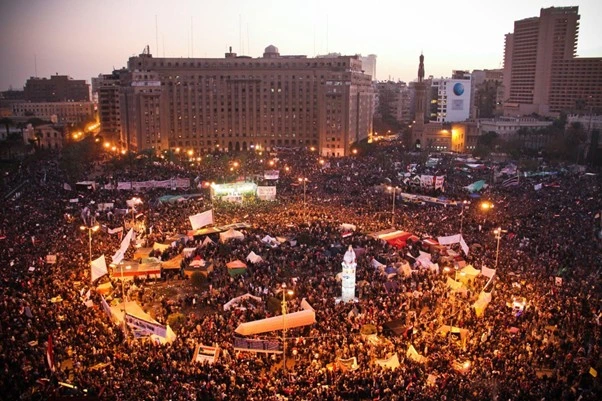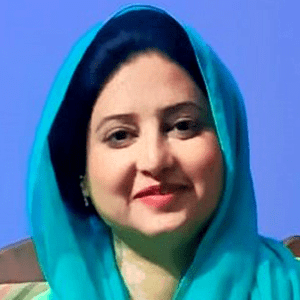In the realm of the world’s affairs, politics between nations is usually seen as a great show with countries competing for power and survival. Many headlines describe disputes, international trade battles, partnerships, and conflicts, showing just how many ambitions and interests are played out across the world. Even so, behind this large field are important happenings that reveal more about the forces influencing the world. Everyone wishing to explore world politics carefully should consider the personal and group aspects, culture, and psychology behind what countries and governing bodies do. As a result, we come to understand that world politics is not only about power but truly shows the progress and key aspects of human life.
The actions and views of individuals such as decision-makers, diplomats, soldiers, and citizens largely direct the flow of events happening in the world. Traditionally, countries are considered individually, and interests are explained by different factors such as their geography, economy, or armies. Commentators miss the fact that many factors shape how people vote politically. Leaders’ backgrounds, personal lives, and personality can greatly shape their views and make a big difference in how they run foreign policy. In general, exposure to war or terrible events can cause a leader to become cautious, and those inspired by a strong set of beliefs might attempt to grow their nation’s control. When accidents involving people occur in international relations, it reminds us that the world’s politics involve humans and not only machinery.
Also, political communities usually develop from the strong ties based on ethnicity, religion, history, and similar stories shared by a group. Such identities can change the way people see themselves and people from other groups, which may cause disagreements or cooperation. For instance, nationalism means more than political ideas; it is an emotional link that helps people identify with their community. If these identities are at risk or are guided by someone else, they may lead to serious resistance or fighting. Findings on how cultural narratives function at the grassroots level show us why some conflicts do not respond to the logic of making compromises. It also explains how symbolic parts of politics, like body language and how people speak, can mean a lot more than their physical effects.
Also, the study of the microcosm points out that fear, trust, and perception play key roles in international relations. It is due to uncertainty about what other states intend that the security dilemma happens in international politics. Such uncertainty scares countries, prompting them to build up their weapons. In turn, this leads to rising tensions. Yet even though fear is used strategically, it is first and foremost an emotion that determines the way leaders and societies see possible dangers and benefits.
A similar point is that trust matters a lot in forming and managing friendly relationships. If there is communication, negotiation, or miscommunication between people or groups, it can affect whether peace or conflict is present in the current situation. As a result, psychologically based issues are key parts of what is happening in the world today.
The study of the microcosm emphasizes how everyday people and social movement play a part in forming global affairs. People at the grassroots level can be important agents of big changes in politics. Public feelings, protests, and collaboration between nations often resist government rules and help change what matters most. People in different countries have used protests to influence and change international standards and rules. They show the changing thoughts of people as they address global issues and look for more effective ways of cooperating. Seeing how these small factors work, we understand that world politics involves communication between the top and the population.
World politics includes symbolic and philosophical aspects that bring more meaning to the topic. Taking place in the microcosm, we are drawn to ponder notes of justice, control, and human nature. Such issues as intervention, providing humanitarian aid, and running global affairs are both political and moral challenges. Another example is sovereignty, which for many years was respected as untouchable, but now it competes with the duty to provide human rights to people in other countries. Such tension shows how hard it is to balance personal freedom and society’s rules at the same time. Such considerations show that world politics cannot be separated from humans’ search for significance in how they live together.
Next, technology and communications have made a big difference in world politics by bringing people closer together while giving more opportunities for expression. Digital technology makes it possible for ideas, images, and feelings to reach people in different countries in no time. Social media tools and sites can bring people together for rallies, feed them with false information, or increase polarization among them. These areas now blend work on people’s minds with the normal development of military strategy. The way organizations have changed emphasizes that individual and community events now matter globally, which is why it is important to focus on both the micro and macro sides.
Using the micro-perspective inspires us to think about world politics from many perspectives and disciplines. While political science, economics, and history are important, adding the knowledge from psychology, anthropology, sociology, and philosophy opens more understanding. One example, cultural studies point out that symbolism and identity affect politics in nations; cognitive science reveals the errors in people’s political judgment; and ethics supplies categories for assessing justice on the international stage. With this approach, it is recognized that geopolitical events are complex and human-like, so explanations go further than simple categories.
World politics’ most significant aspects are found in the small human, cultural, psychological, and ethical spheres underlying the broad relationships among countries. Paying closer attention to the lives, interests, and problems of people involved in global affairs instead of just their nation’s power, changes our view of the world positively. By using this perspective, we still need geopolitical analysis and find out what moves people and nations to action.








